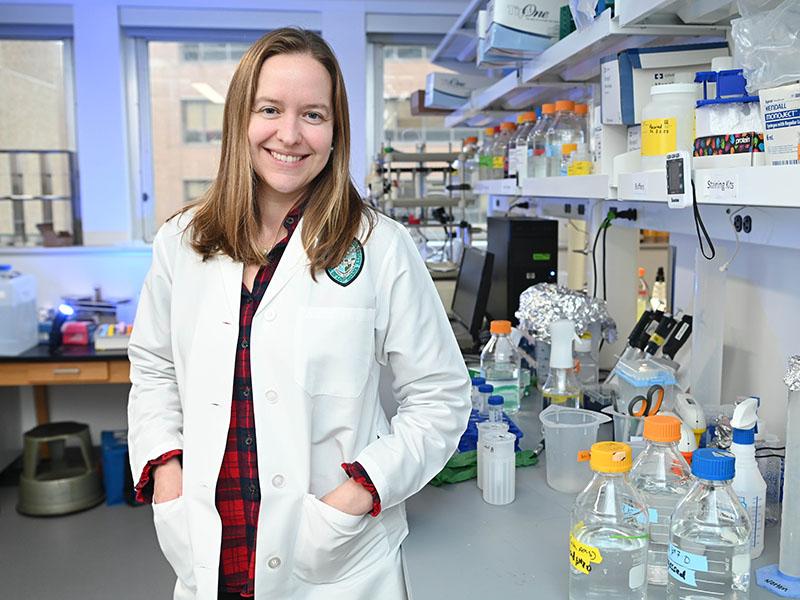Tulane University awarded $9.2 million NIH contract for innovative oral vaccine development
The National Institute of Allergy and Infectious Diseases (NIAID), within the National Institutes of Health (NIH), has awarded a contract for up to $9.2 million over the next five years to Tulane University to collaborate with Biotech company Q-Vant Biosciences Inc. to develop a promising new platform for oral vaccines that could be used to prevent a variety of infectious diseases.
The new approach will combine two different immune-boosting compounds, or adjuvants, developed by Tulane in partnership with Q-Vant to create a vaccine that can be delivered via a pill or dissolved beneath the tongue, eliminating the need for injections.
“As we’ve seen with the polio vaccine, a needle-free vaccine can be vastly superior in enhancing mucosal immunity in the intestinal tract and could be a game changer for many diseases by targeting the gastrointestinal tissue or the site of infection,” said principal investigator Elizabeth Norton, PhD, associate professor of microbiology and immunology at Tulane University School of Medicine.
Researchers will combine Tulane’s dmLT adjuvant, a modified toxin derived from E. coli, with Q-Vant’s oral saponin adjuvant, QS-Oral™, sustainably sourced from from Quillaja saponaria biomass. Saponin adjuvants are a key component in several injectable vaccines, including the GSK Shingrix® shingles vaccine and the Novavax COVID-19 vaccine, but have yet to be formulated for oral delivery.
Tulane’s dmLT has shown promising results in clinical trials for injected and oral vaccines against viruses and bacterial infections. However, attempts at creating oral vaccines using inactivated polio virus or subunit proteins have not worked well even when combined with adjuvants like dmLT. Preliminary research found that combining both the saponin and dmLT adjuvant, called SDA, enabled the platform to better reach target areas in the mucosal lining of the GI tract and promote higher levels of vaccine antibodies.
“What is fascinating about the combination is that it seems to make dmLT work even better,” Norton said. “QS-Oral creates a vesicle structure that helps to deliver dmLT and the target antigen to the areas of the gastrointestinal tract where the immune system is active, resulting in a stronger immune response. This seems to avoid the problems of enzymes in saliva or the highly acidic stomach environment destroying the vaccine.”
“We’re excited to be part of this project and the trailblazing approach to vaccine development utilizing our innovative and sustainably sourced saponin-based adjuvants,” said Douglas Klaiber co-investigator and CEO of Q-Vant.
The project will also involve support from global health nonprofit PATH, who will be working on methods to combine SDA formulations in a pill form or a dissolvable tablet. PATH is a global team of innovators working to eliminate health inequities so people, communities, and economies can thrive. The organization advises and partners with institutions, investors, and businesses of all sizes to solve the world’s most pressing health challenges.
Researchers at Tulane will test the effectiveness of SDA formulations in stimulating an immune response using animal models for polio vaccines to help with efforts to eradicate polio. An additional partnership with Henry Jackson Foundation Inc. and the Navy Medical Research Command will also allow testing of this platform against major bacterial causes of diarrheal disease in children, soldiers, and travelers, by targeting Enterotoxigenic E. coli and Campylobacter. Following this, the project will advance to more detailed studies to produce the SDA adjuvant for use in people, test its stability over time, and ensure its safety, which are crucial steps for gaining regulatory approval for clinical trials.
The funding for the research was awarded under NIH project No. 75N93023C00045.

